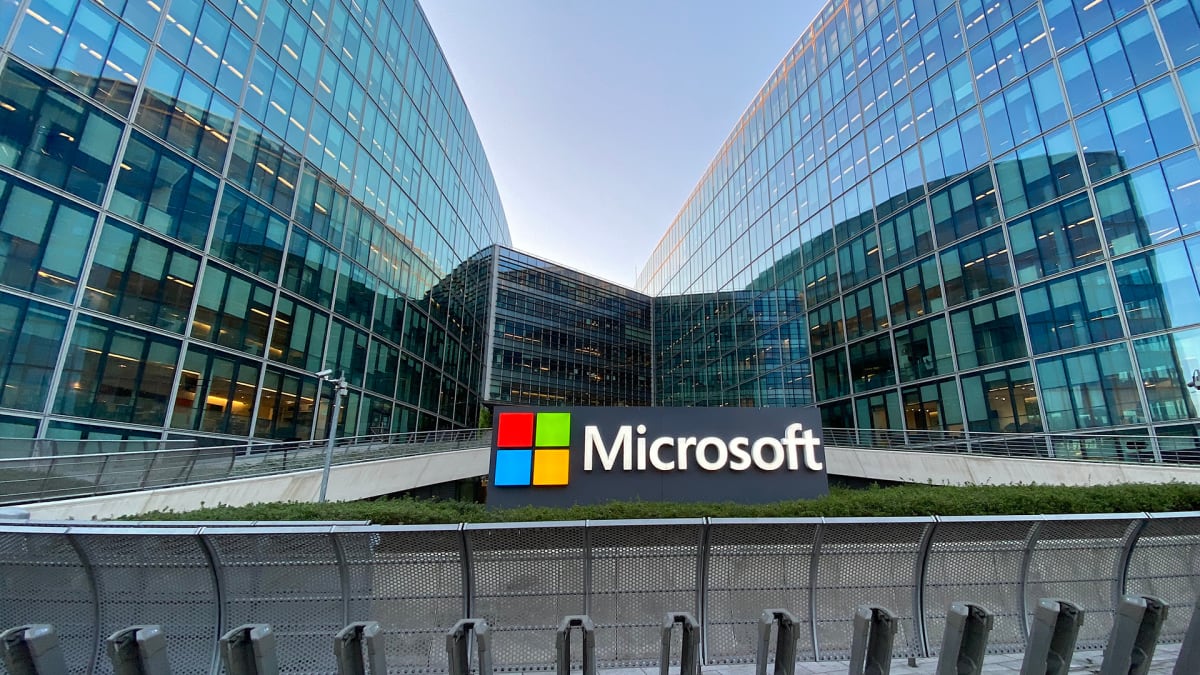
Microsoft (MSFT) announced Monday that it will be expanding its partnership with software developer Epic Systems to introduce artificial intelligence to the healthcare industry.
The intention is to combine Microsoft’s Azure OpenAI Service with Epic’s electronic health record (EHR) software in an effort to increase in productivity, enhance patient care and improve the financial integrity of health systems around the world.
DON'T MISS: How Taylor Swift Avoided a Crypto Endorsement Nightmare
An initial version of this generative AI solution to the healthcare industry is already in use, with UC San Diego Health, UW Health in Madison, Wisconsin, and Stanford Health Care beginning to take advantage of AI enhancements to draft message responses.
The integration of AI will allow healthcare providers to focus more of their attention on their many pertinent clinical duties, increasing productivity, according to Chero Goswami, the chief information officer at UW health.
Another component of the AI-healthcare solution posed by Microsoft and Epic will allow healthcare providers to better explore data generated by Epic’s self-service reporting tool SlicerDicer.
“Our exploration of OpenAI’s GPT-4 has shown the potential to increase the power and accessibility of self-service reporting through SlicerDicer, making it easier for healthcare organizations to identify operational improvements, including ways to reduce costs and to find answers to questions locally and in a broader context,” Seth Hain, senior vice president of research and development at Epic, said in a statement.
This comes in the midst of a staffing shortage that has plagued the healthcare industry since the onset of the Covid-19 pandemic in 2019. McKinsey estimates that the U.S. will have a shortage of 200,000-450,000 nurses by 2025.
“The urgent and critical challenges facing healthcare systems and their providers demand a comprehensive approach combining Azure OpenAI Service with Epic’s industry-leading technology,” Microsoft’s corporate vice president, AI Platform, Eric Boyd said in a statement.







